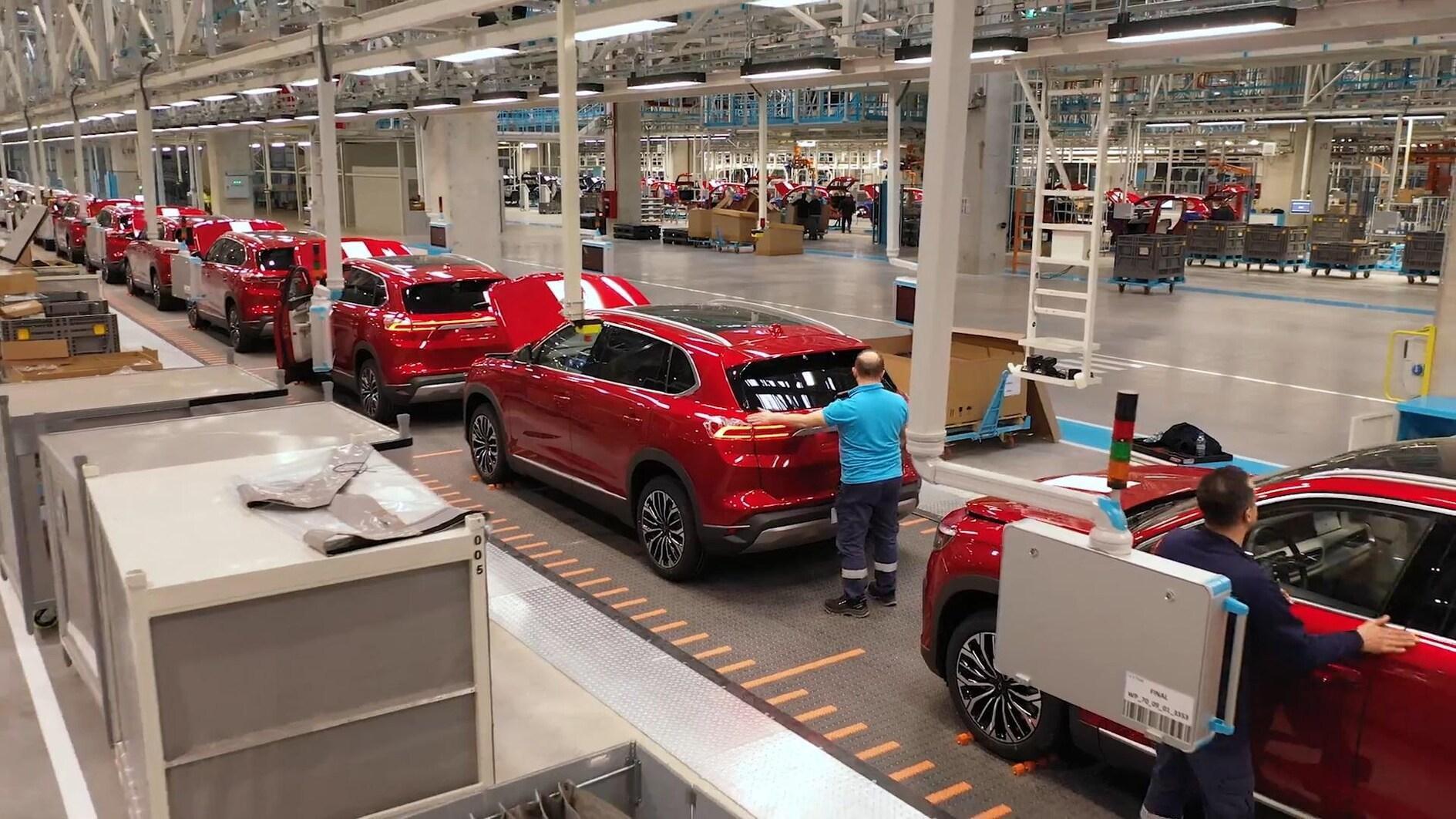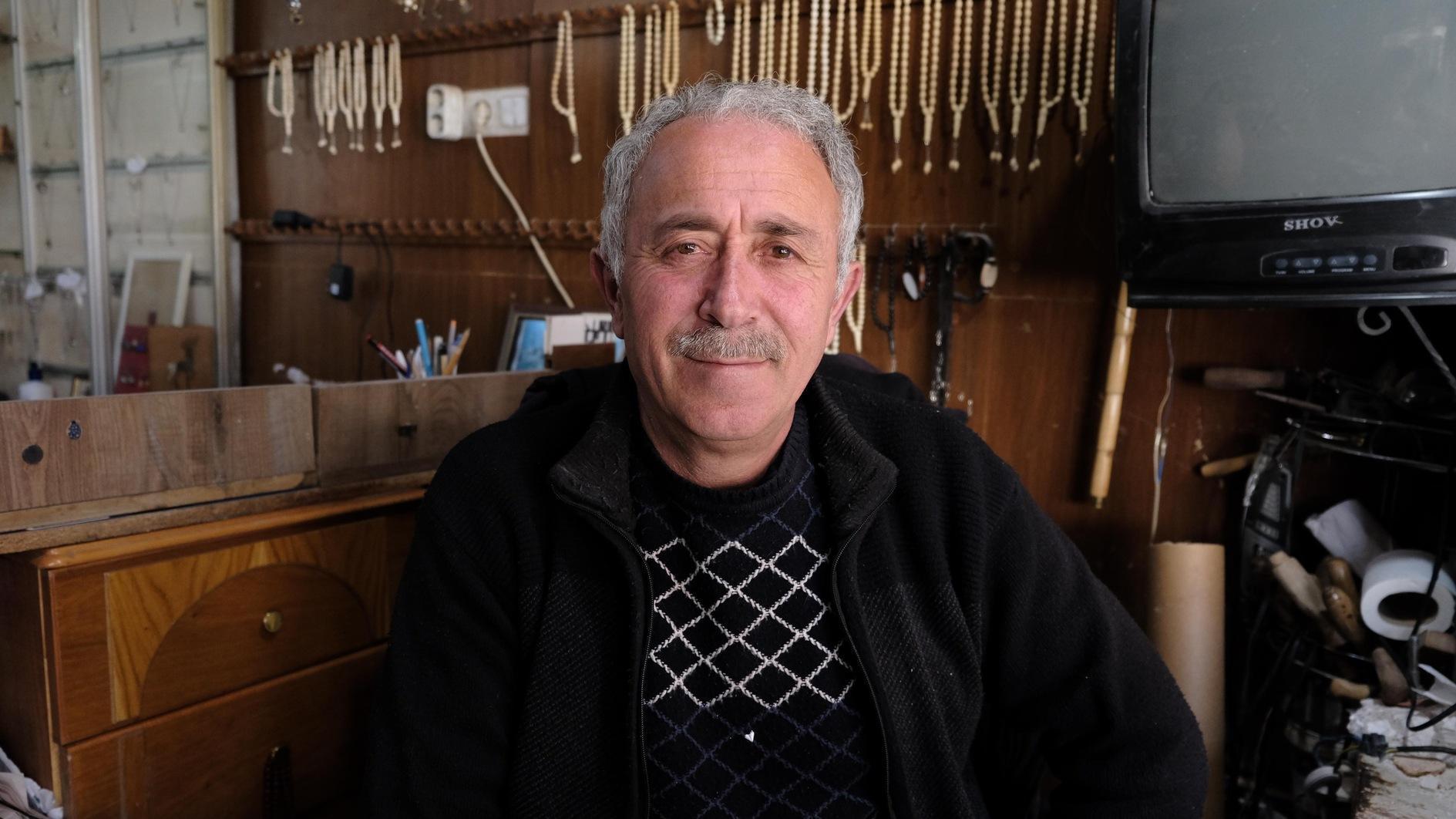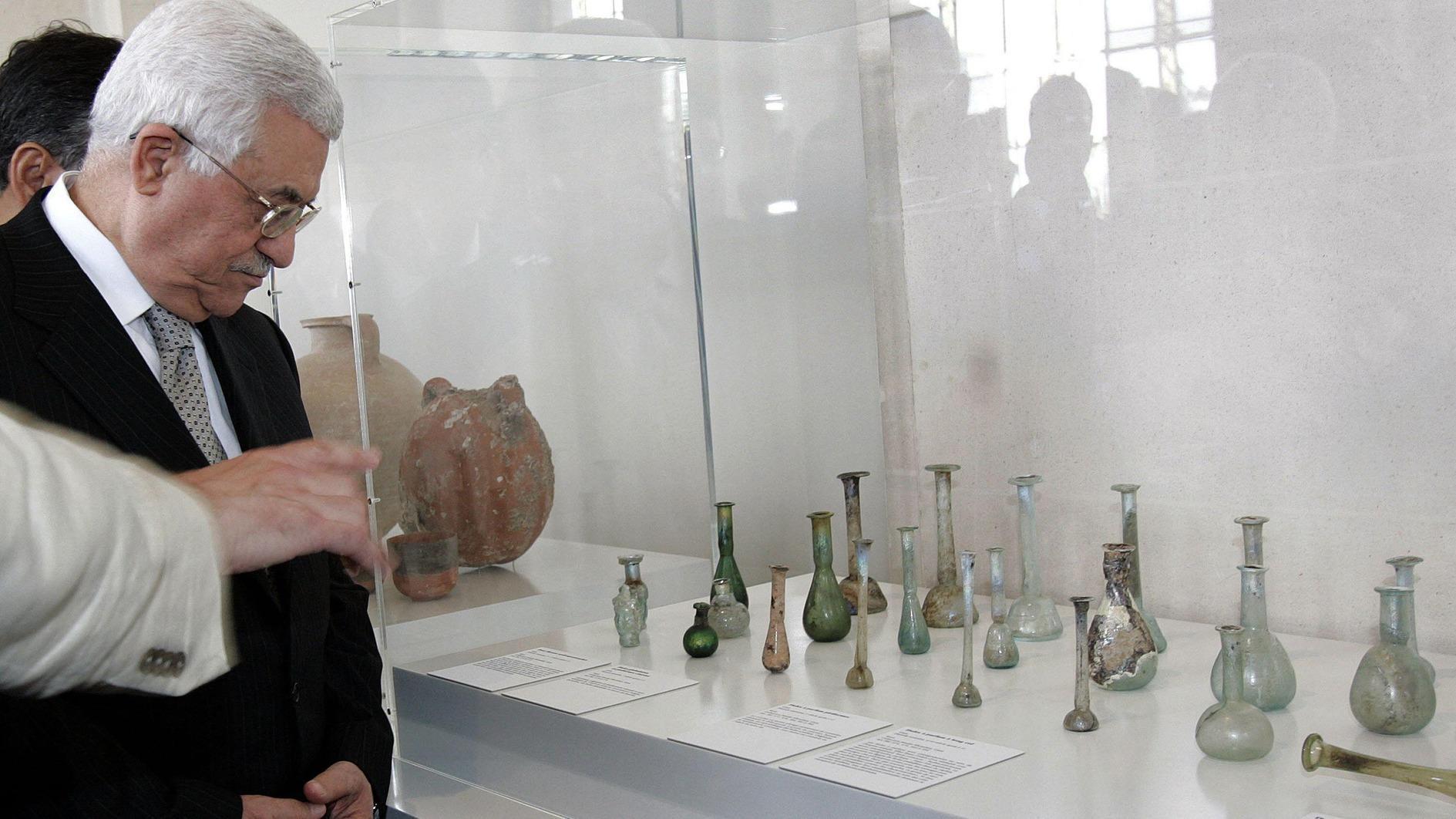Why Turkish boots are on Syrian soil
Ten days after the failed coup, I was at a meeting with CEOs of international companies operating in Turkey. It was all about the domestic security situation. The CEOs said it was getting harder for them to bring even temporary research and development (R&D) personnel into Turkey. “We need to bring around 2000 such people for short-term assignments to the country and it has become increasingly difficult to do so,” said one. “This is not something directly related to the failed coup attempt,” he explained, “We have had this problem for the last year and a half.” He was talking about the Islamic State of Iraq and the Levant (ISIL) and the outlawed Kurdistan Workers’ Party (PKK).
The Syrian civil war is increasingly spilling over into Turkey, placing our country front and center in the international 24-hour news cycle. So why is Turkey putting its boots on Syrian soil? It isn’t so much Turkey intervening in Syria as it is about limiting the Syrian civil war intervening in Turkey.
Turkey needs investment. Investors need a stable country. The Syrian civil war was destabilizing Turkey, so Ankara decided to intervene and take control of the situation. But why now? Why not two years ago, when the war first started spilling over? Because the “axis of evil” against Turkey only recently broke up. Let me elaborate.
From Turkey’s perspective, the first casualty of the Syrian civil war was the domestic reconciliation process, which led to renewed PKK violence. Why did this happen? The Democratic Union Party (PYD), an offshoot of the PKK, waged a successful war against ISIL and became the favorite of Western powers. Many PKK commanders moved across the border and back during this time, and it became clear that it didn’t make sense to differentiate between their strategic aims. Any Western alliance built around the PYD was an alliance around the PKK. So an axis of evil took shape before Turkish eyes. Prime Minister Binali Yıldırım expressed this politely by saying that the objective of his government was to “increase the number of friends and decrease the number of enemies.” President Recep Tayyip Erdoğan was more forceful in his words, but the message was the same. The Western powers and the PKK were in league, and this was a direct threat to Turkey’s security.
Secondly, the events south of its border are radicalizing the political climate in Turkey. A recent Economic Policy Research Foundation of Turkey (TEPAV) survey indicated that radicals represent a bit less than 1 percent of religious adult Sunnis in Turkey: 1 percent of 60 percent of the Turkish population, mind you. By radicals, I mean those Sunni Turks who are ready to force their way of Islam on others, to declare a self-professed Muslim an unbeliever and also to breach any law preventing him/her from “living Islam” in this way. If you’ve been studying people like that, you’ll know that some among them have no respect for the lives of their fellow citizens. So Turkey is not only intervening in Syria to control ISIL beyond its borders, but also taking precautions for a longer ideological battle against radicalization. That is why Mehmet Görmez, the president of Turkey’s Religious Affairs Directorate (Diyanet), recently argued that “Wahhabi teaching was undermining the pluralism, tolerance and openness to science and learning that had long characterized Islam” in a New York Times piece just this last Thursday. We are at the end of the beginning when it comes to the war for Muslim minds.
The recent Turkish operation against ISIL in Jarablus has already started to contain the Syrian war’s influence in Turkey. But why did Turkey wait so long, you may ask? Note that Turkey’s stability has only recently become of prime importance in the eyes of many – it only happened when around 1 million refugees made their way to Europe, and Western leaders realized they had to deal with Turkey.
It used to be that Syria was the most strategic theater for groups, so everyone was trying to gain leverage there. In the wake of the migration crisis, the attempted coup and Turkey’s intervention, Turkey is now gaining in importance, and various actors, including the PKK, the U.S., the EU and others, are trying to gain leverage within Turkey. The axis of evil no more.
In some sense, this could create a more conducive environment for Turkey’s domestic reconciliation process. The spotlight is not only on President Erdoğan, but all of Turkey’s political class. Be ready for surprises.











